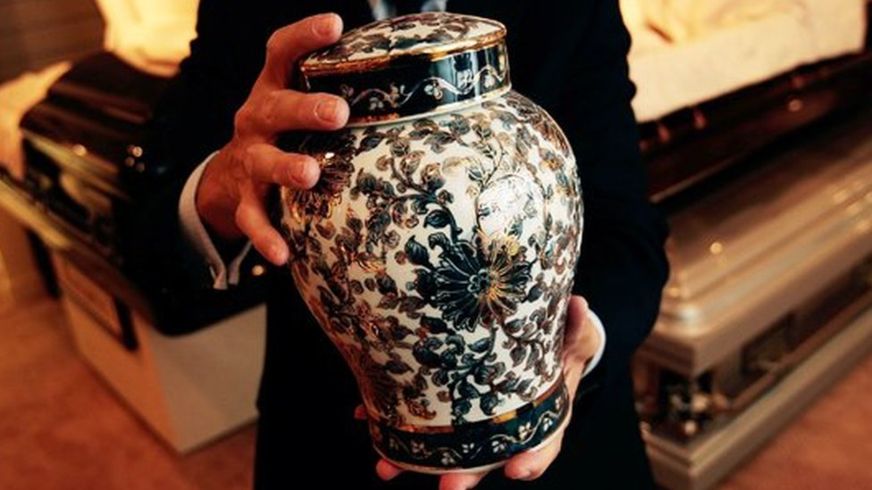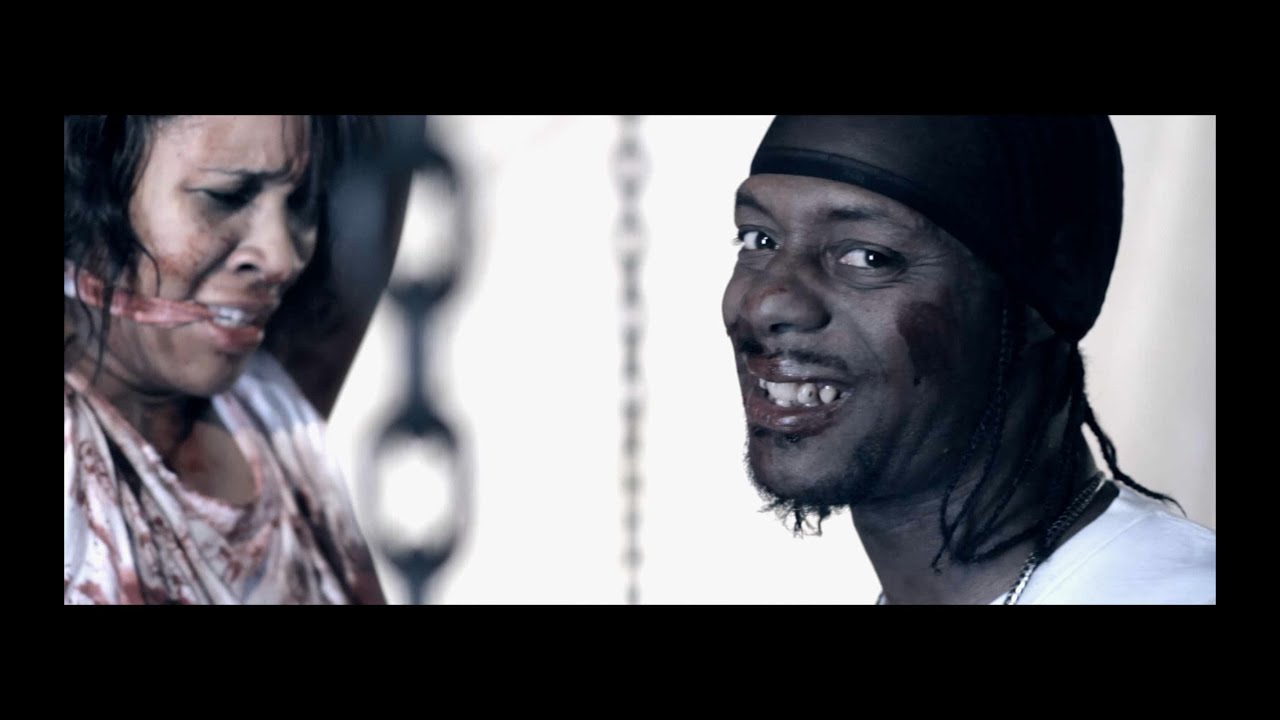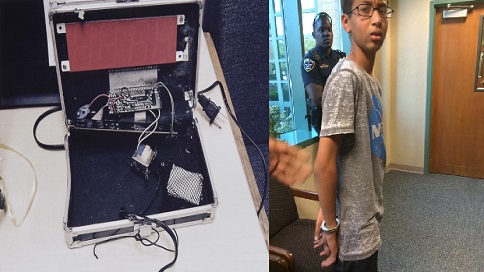
Everyone loves cookies, but how would you feel about a cookie with a special ingredient. That special ingredient being someone’s grandfather’s ashes. Sounds good, right?
A high school student at Da Vinci Charter Academy in Davis, California brought cookies to her school and gave them to her classmates; however, she had baked her deceased grandfather’s ashes into them. A total of nine students ate the cookies. Some of the students knew that they contained ashes, while others did not. One of the students who ate the cookie was interviewed by KCRA-TV and said that the texture of the cookie was like that of sand, but wasn’t that bad. It simply had a couple of gray flecks and was for the most part a standard sugar cookie.
A microbiologist from Arizona State University said that there shouldn’t be any health risks for those who consumed the cookies. During the cremation process all infectious properties of the remains should be removed, if it was done properly. However if any fillings the deceased had were not removed, that could be hazardous if consumed.
While baking is a creative expression in the form of food, it is unfair to give people cookies without telling them about the possible health risks and the fact that it will result in them being labeled as a cannibal. It seems fairly obvious that someone would not want to be a cannibal, yet in this situation we see a multitude of students who willingly ate the cookies.
Because this case is so unprecedented, the police are struggling to find a California penal code that could apply to this situation. They are looking at the section that deals with the improper disposal of human remains and/ or public-nuisance charges. In California, you are required by law to sign a permit stating that you will not remove the ashes from the container. A public-nuisance charge deals with an act that damages the rights of a community. Even if they are able to charge her with public-nuisance, it is only a misdemeanor and would result in at most a simple fee.
There is so much shock and horror upon learning about this situation, and yet what the student did was not in the strictest sense illegal. In the first moments of reading, everyone assumes that this must be criminal. Upon further reflection however you begin to realize how rare and extremely specific this situation is, and how there is probably not a law that addresses something close to this.







